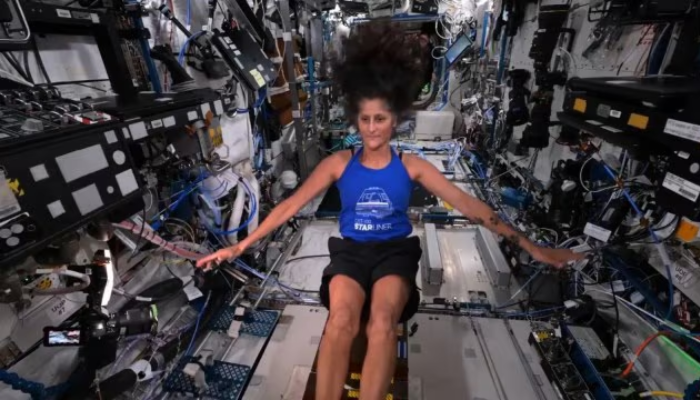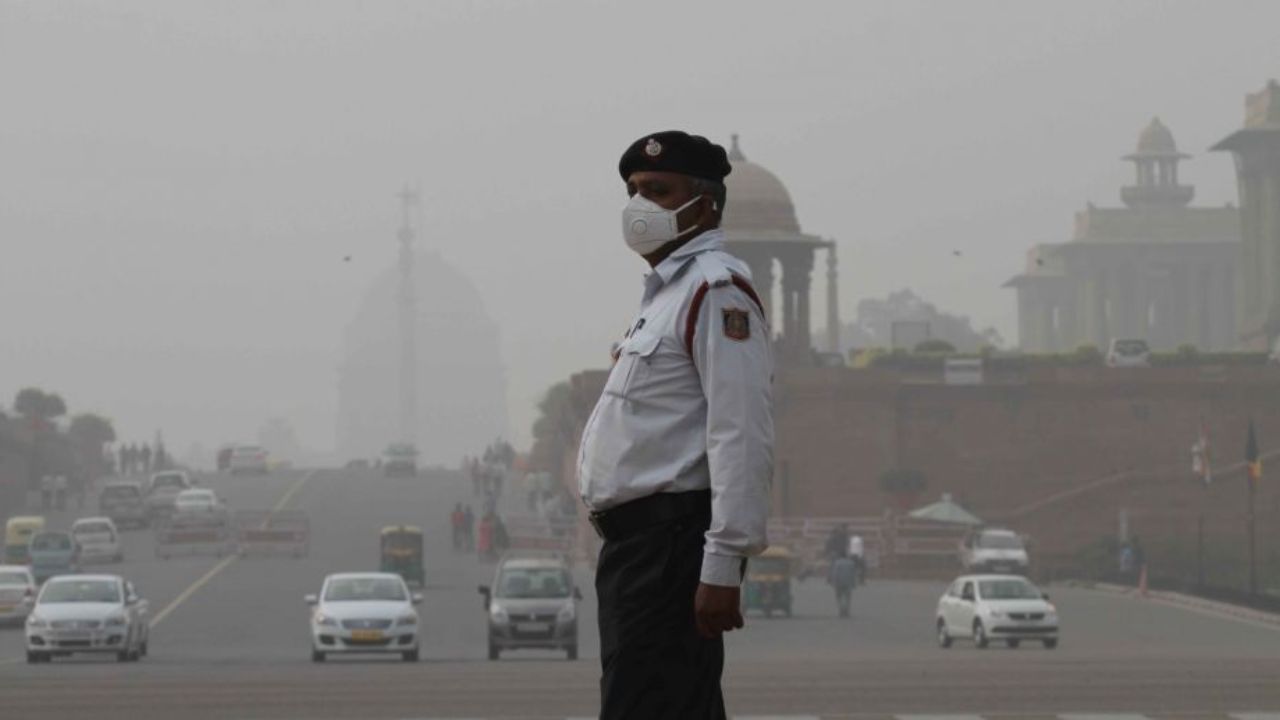Indian-American astronaut Sunita Williams and her colleague Butch Wilmore have been stranded in space for over 50 days. What was originally intended to be a 10-day mission has been unexpectedly prolonged due to technical issues with their spacecraft. As a result, reports indicate that Williams and Wilmore now face the risk of losing muscle mass and bone density due to the lack of gravitational pull in outer space.
To understand the implications of muscle mass and bone density loss both on Earth and in space, we consulted an expert.
According to Medical News Today, muscle mass refers to the amount of soft muscle tissue in the body, which, along with fat, bone, and water, is one of the body’s major components. Muscles are essential for movement, maintaining posture, and supporting various bodily functions.
Bone density, on the other hand, is a measure of the minerals, such as calcium and phosphorus, within the bones and is an important indicator of osteoporosis risk.
Dr. Sreenivasachary Avancha, a senior consultant at Gleneagles Hospitals in LB Nagar, Hyderabad, explained that the loss of muscle mass (sarcopenia) and bone density (osteoporosis) can have significant impacts on the body, both on Earth and in space. “On Earth, sarcopenia leads to reduced strength, balance, and mobility, increasing the risk of falls and fractures. Osteoporosis makes bones more fragile and prone to breaks. Together, these conditions can greatly impair quality of life and independence,” Dr. Avancha said.
In space, these effects are even more pronounced due to the lack of gravity, Dr. Avancha noted. Astronauts experience accelerated muscle atrophy and bone demineralization. “Without the gravitational forces that provide resistance, muscles weaken rapidly, and bones lose minerals, particularly calcium, at a much faster rate than on Earth. This leads to decreased bone density and muscle strength, posing serious health risks when astronauts return to Earth’s gravity,” he explained.
Preventative measures are crucial in both environments. Dr. Avancha emphasized that resistance exercises and proper nutrition are key. “On Earth, weight-bearing activities and a diet rich in protein and calcium can help mitigate these effects. In space, astronauts follow strict exercise regimens and may take supplements to counteract the rapid decline,” Dr. Avancha added.





